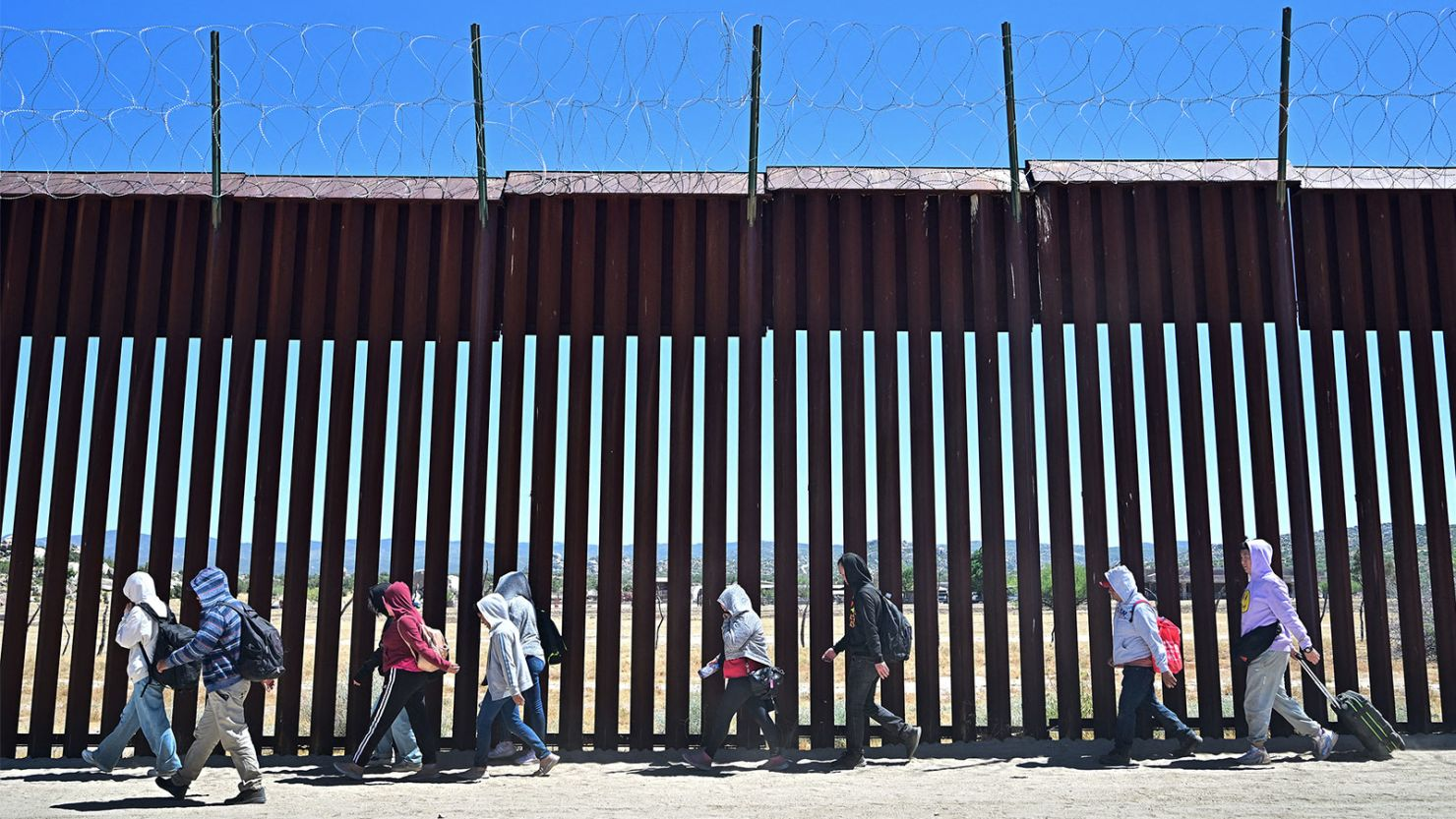Trump’s Day-One Immigration Plans: Deportations, Border Wall, and Ending Biden’s Programs

Former President Donald Trump is preparing a series of executive actions on his first day back in office aimed at intensifying immigration enforcement and undoing key immigration programs from President Biden’s term. According to insiders, this aggressive strategy will be led by newly appointed “border czar” Tom Homan, a seasoned immigration official, and other prominent Republican figures known for their strict stances on immigration.
Key measures include expanded powers for federal immigration officers to detain individuals without criminal records, deploying troops to the U.S.-Mexico border, and resuming border wall construction. Trump also intends to eliminate Biden’s humanitarian programs, which allowed numerous migrants to enter the U.S. legally and access work permits, signaling a stricter stance on both legal and unauthorized immigration.
Trump’s early actions are expected to reverse Biden’s policy prioritizing deportations for individuals with serious criminal records. His planned executive orders will broaden deportation targets, focusing on people with exhausted legal options as well as potential security risks, including individuals violating visa conditions. In response, Trump may employ military aircraft and other federal resources to facilitate deportations.
The former president also plans to declare illegal immigration a national emergency, unlocking funds for prioritized wall construction in areas like Arizona, where immigration enforcement policies have faced state opposition. Additionally, discussions may reopen with Mexico to reinstate the “Remain in Mexico” policy, requiring asylum seekers to wait in Mexico for U.S. case decisions.
Trump’s proposals will likely face significant legal challenges from Democratic-led states and advocacy groups, but the incoming administration aims to make immigration a top priority by Day One, building on campaign promises to significantly reduce unauthorized entries and address immigration enforcement with a more hands-on, whole-of-government approach.














